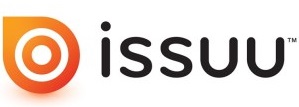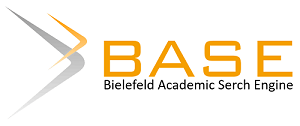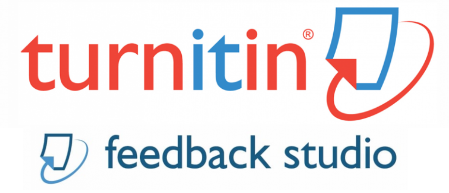Islamic Religious Education Literacy In The Era of Industrial Revolution 5.0
Abstract
Islamic Religious Education Literacy (PAI) is an important foundation in shaping the character and spirituality of Muslim individuals. This research aims to explore the impact of technology integration in PAI literacy in the era of the Industrial Revolution 5.0, as well as identify emerging challenges and opportunities. The research method used is literature review, which examines various sources of literature related to PAI literacy, the use of technology in education, and the Industrial Revolution 5.0. The results of the study show that the use of technology such as mobile applications, e-learning platforms, and social media can increase student engagement and understanding in PAI learning. However, significant challenges such as infrastructure readiness and teacher competence in utilizing technology still need to be overcome. The conclusion of this study emphasizes the importance of investing in technology infrastructure and teacher training to improve holistic and adaptive PAI literacy. With the right approach, PAI literacy can play a key role in shaping a generation that is ready to face the challenges of globalization and modernization, while maintaining their identity and integrity as Muslims.
Downloads
Copyright (c) 2025 Rifqi Zaidan Fadhilah

This work is licensed under a Creative Commons Attribution-ShareAlike 4.0 International License.

























